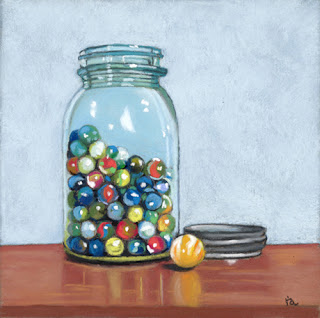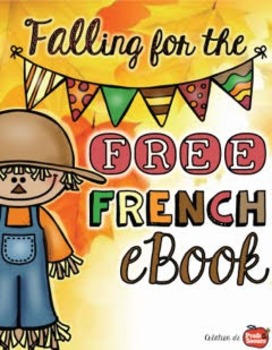Is it possible that students could retain
more information if teaching was brought up a level, with some incorporated
ad-lib and ingenious strategies? Absolutely! Teachers provide a
strong foundation for their students and they work tirelessly to ensure each
child will flourish under their supervision.
With a few simple ideas, you can transform your classroom into a fresh
and creative learning environment where students will thrive.
For
instance, you’re teaching an important history lesson, such as Columbus
discovering America. Instead of breaking
out the old textbook, and reading aloud together, why not have your students
act out history by integrating costumes and accessories to your lesson. In
addition, enhance the animation by altering your voice to portray the character
you are representing. Another clever
idea for teachers is to engage his/her students by accessorizing in conjunction
to a theme of a book. This technique will not only increase participation, but
will also insure a higher level of memory retention which leads to better
scores.
As
some of you may recall, back in the day there was “School House Rock”. These catchy jingles were a collection of
learning tools that incorporated every subject from English to history. Hundreds of kids memorized these Saturday
morning songs, unaware that they were retaining information while essentially
entertained by the lyrics. As of today,
they still can be found on the internet and are utilized as a valid approach to
learning. Furthermore, with the help of
your students, creating unique songs or raps will introduce an otherwise
uneventful topic and replace it with a dramatic approach. It’s not only fun, but will also inspire your
students in a positive way. Don’t be
surprised if you ask one to recite the alphabet or a sampling of verbs and they
begin singing the words.
Sometimes,
it’s beneficial to allow students to contribute to a portion of the teaching. It encourages the child to build required
confidence and knowledge retention of subjects they are explaining. Not every student is an expert; however, they
all can participate in an important role in the teaching process. Assign individual tasks to your students,
such as a chapter or internet research, and then have them deliver what they
learned to their peers. Engaging
children to be involved is an ideal way to keep their attention on the subject
at hand, plus contributes to their empowerment to be successful.
When
you develop a routine, you’re aware of what to expect. There isn’t any guessing, it’s the same circumstance
every day. Same is boring and
uneventful. Keep your students wondering
what the day will offer by altering the routine. Present your schedule
backwards, sideways, or however way to change up the daily monotony. Even changing up the scenery, such as seating
arrangements similar to musical chairs or a class mascot that alternates
position on a daily basis can refresh the classroom environment. Above all, be different, be creative, and
never let your class become a generic entourage.
 Have
you ever heard of one student that didn’t like food? By incorporating food into a lesson, you’re
satisfying both their bottomless pits and your desire for them to learn. Food or snacks can be used for various
subjects, whether it be teaching fractions from a pie or pizza, or introducing
an ethnic snack for a history lesson.
Even allowing students to participate by bringing a certain genre of
cuisine to class can be enlightening. If
your lesson is on Mexico, have each student bring in something simple that
generates from that heritage. This can
be ideal for a once a month treat, or an end of the week class get together for
a job well done.
Have
you ever heard of one student that didn’t like food? By incorporating food into a lesson, you’re
satisfying both their bottomless pits and your desire for them to learn. Food or snacks can be used for various
subjects, whether it be teaching fractions from a pie or pizza, or introducing
an ethnic snack for a history lesson.
Even allowing students to participate by bringing a certain genre of
cuisine to class can be enlightening. If
your lesson is on Mexico, have each student bring in something simple that
generates from that heritage. This can
be ideal for a once a month treat, or an end of the week class get together for
a job well done.
In
conclusion, these 5 uncomplicated ways of keeping it fresh in the classroom
will not only enhance a student’s learning ability, but will also create an
excitement for education. Stale is the
opposite of fresh, it’s something you might get in bread; however, it should
never be seen in the classroom. So keep
it entertaining, adventurous, and creative; after all, learning should be fun,
not a stagnant gathering of knowledge.



























